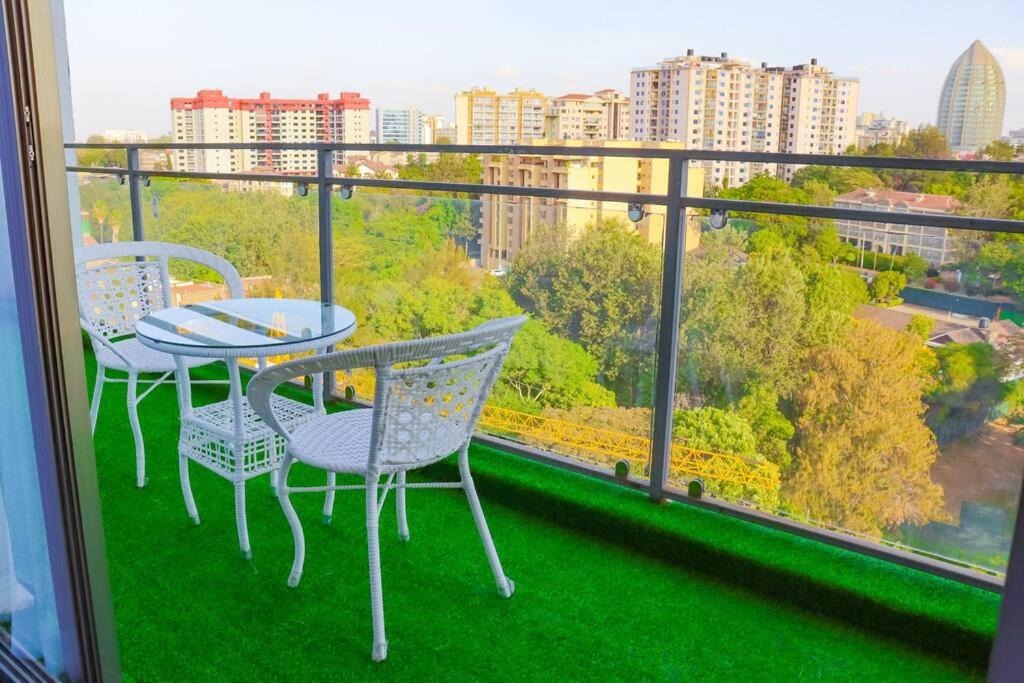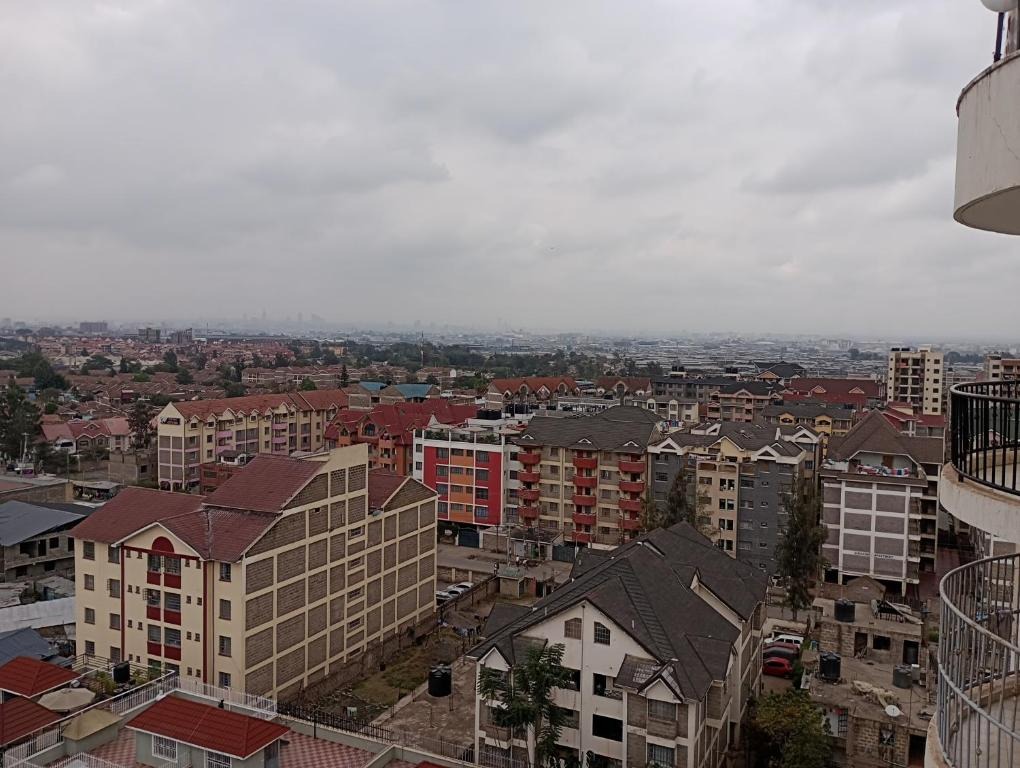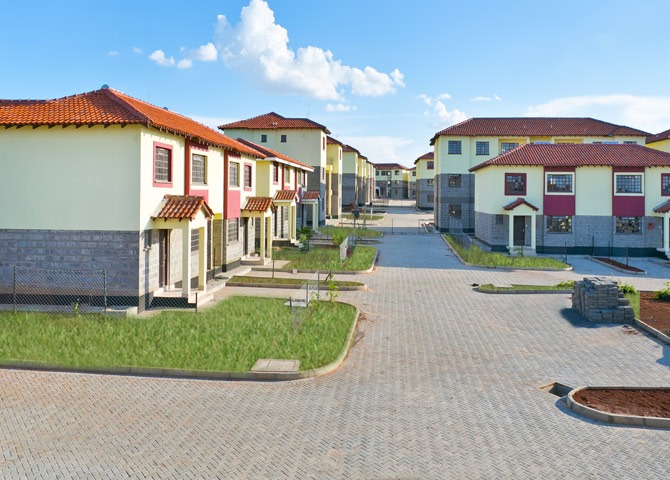The evolution of green architecture in Kenya
Kenya is known for its beautiful landscapes and diverse wildlife, and now it’s becoming recognized for another reason – its growing emphasis on eco-friendly homes. As the world grapples with the effects of climate change, more and more people are realizing the importance of sustainable living. This has led to the rise of eco-friendly architecture and construction practices in Kenya.
In recent years, there has been a significant shift in the mindset of architects and home builders in Kenya. They are now incorporating sustainable design principles into their projects, with a focus on reducing the carbon footprint and minimizing waste. From using renewable energy sources to harnessing natural light and ventilation, these initiatives are revolutionizing the real estate industry in Kenya.
Benefits of eco-friendly homes for the environment and homeowners
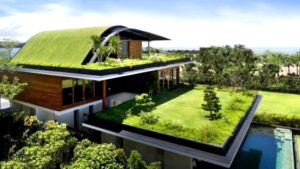
The shift towards eco-friendly homes in Kenya brings numerous benefits, both for the environment and for homeowners themselves. Let’s take a closer look at these advantages.
1. Energy efficiency: Eco-friendly homes are designed to be energy-efficient, which means they consume less energy for heating, cooling, and electricity. This not only reduces greenhouse gas emissions but also helps homeowners save on their energy bills in the long run.
2. Water conservation: Kenya, like many other African countries, faces water scarcity issues. Eco-friendly homes incorporate water-saving fixtures and systems, such as rainwater harvesting and greywater recycling. These measures help homeowners conserve water and reduce their dependence on the municipal water supply.
3. Improved indoor air quality: Conventional buildings often have poor indoor air quality due to the use of toxic materials and inadequate ventilation. Eco-friendly homes prioritize the use of low or zero VOC (volatile organic compound) materials and promote proper ventilation, which leads to better indoor air quality and a healthier living environment.
4. Reduced waste: Sustainable construction practices aim to minimize waste generation and maximize recycling. Eco-friendly homes use locally sourced, renewable, and recyclable materials, reducing the environmental impact of the construction process. Additionally, the concept of adaptive reuse is gaining popularity, where existing structures are repurposed instead of being demolished.
5. Increased property value: With the growing demand for eco-friendly homes, properties that incorporate sustainable features have higher resale value. Homebuyers are willing to pay a premium for homes that are energy-efficient, have a minimal carbon footprint, and prioritize sustainable living.
Challenges and future prospects of sustainable real estate in Kenya
While the rise of eco-friendly homes in Kenya is undoubtedly promising, it does come with its own set of challenges. Some of these challenges include:
1. High upfront costs: Implementing sustainable design and technology often requires additional investment during the construction phase. This can deter some developers and homeowners who may be looking for more affordable options. However, it’s essential to consider the long-term savings and benefits that come with eco-friendly homes.
2. Limited awareness: Many people in Kenya are still not fully aware of the benefits of eco-friendly homes and sustainable living. There is a need for awareness campaigns and educational initiatives to help change mindsets and promote sustainable practices.
3. Availability of green building materials: While Kenya does have a wide range of locally available building materials, the availability of green building materials and technologies is still limited. This can pose a challenge for architects and builders who want to incorporate sustainable elements into their projects.
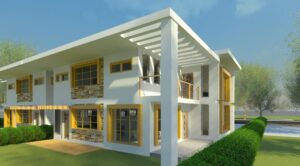
Despite these challenges, the future of sustainable real estate in Kenya looks promising. The government is taking steps to promote eco-friendly construction through policies and incentives. Organizations and NGOs are also working towards creating awareness and providing training on sustainable building practices.
As more people become conscious of the environment and the impact their lifestyle choices have, the demand for eco-friendly homes will continue to rise. The real estate industry in Kenya has a unique opportunity to embrace sustainability and become a leader in eco-friendly architecture.
In conclusion, the rise of eco-friendly homes in Kenya is a positive development that benefits the environment and homeowners alike. From energy efficiency to water conservation, these homes offer numerous advantages. However, there are also challenges that need to be addressed, such as high upfront costs and limited awareness. By overcoming these obstacles, Kenya can pave the way for a more sustainable future in the real estate industry.
So, if you’re in the market for a new home in Kenya, why not consider an eco-friendly option? Not only will you be reducing your carbon footprint, but you’ll also be investing in a property that offers long-term benefits. To find out more about eco-friendly homes in Kenya, check out Realty Boris, a leading real estate website offering a wide range of sustainable properties. Making a positive impact on the environment can start with the choices we make regarding our homes, so why not make a choice that benefits both you and the planet? Start your search for eco-friendly homes in Kenya today! Click here to visit Realty Boris!


